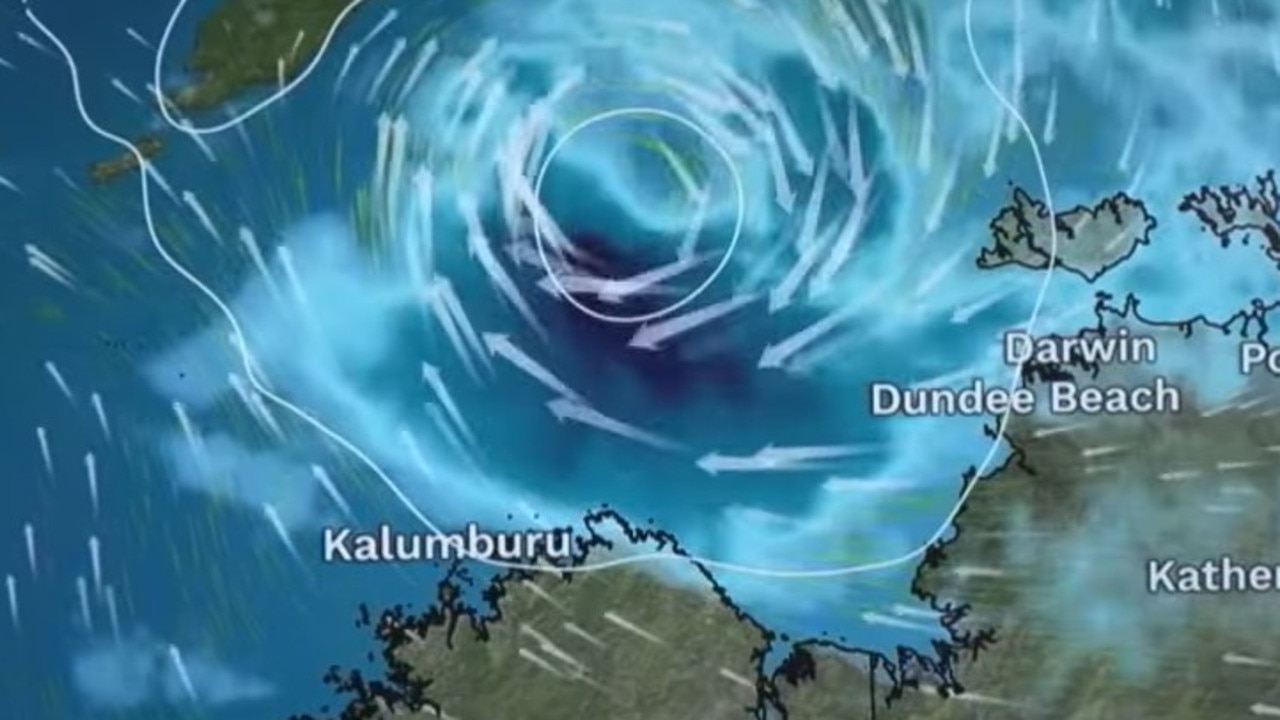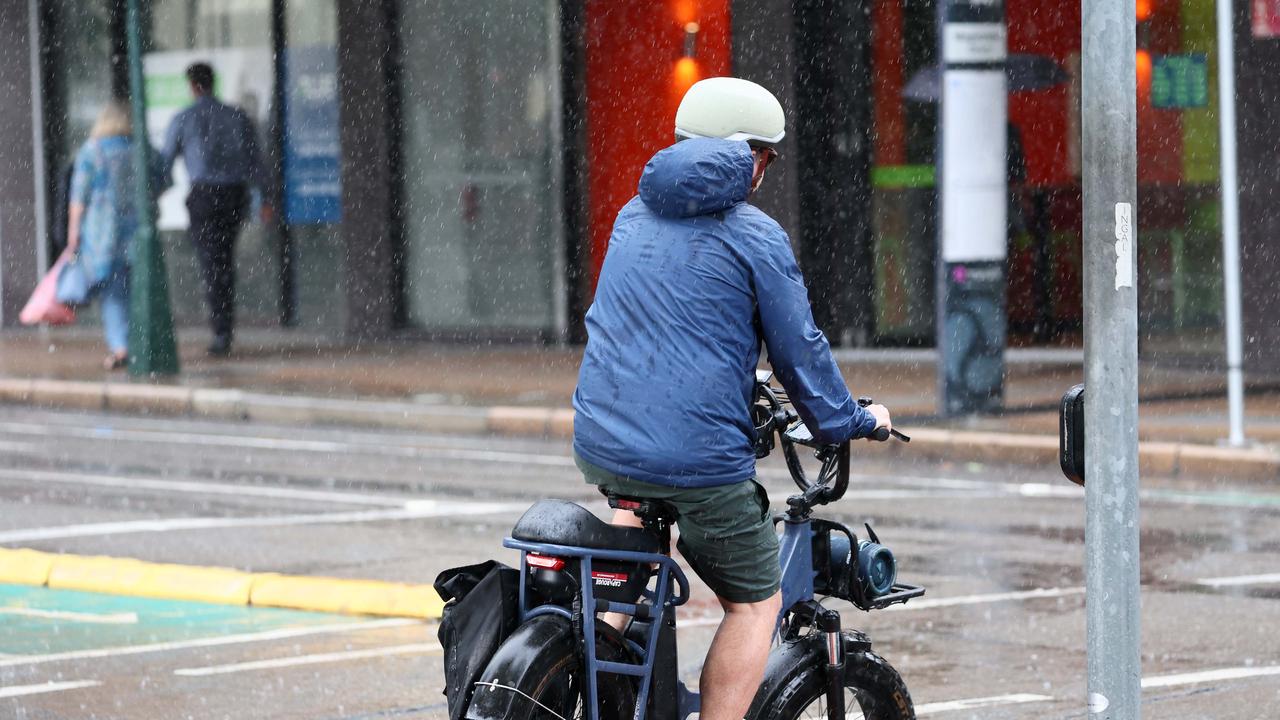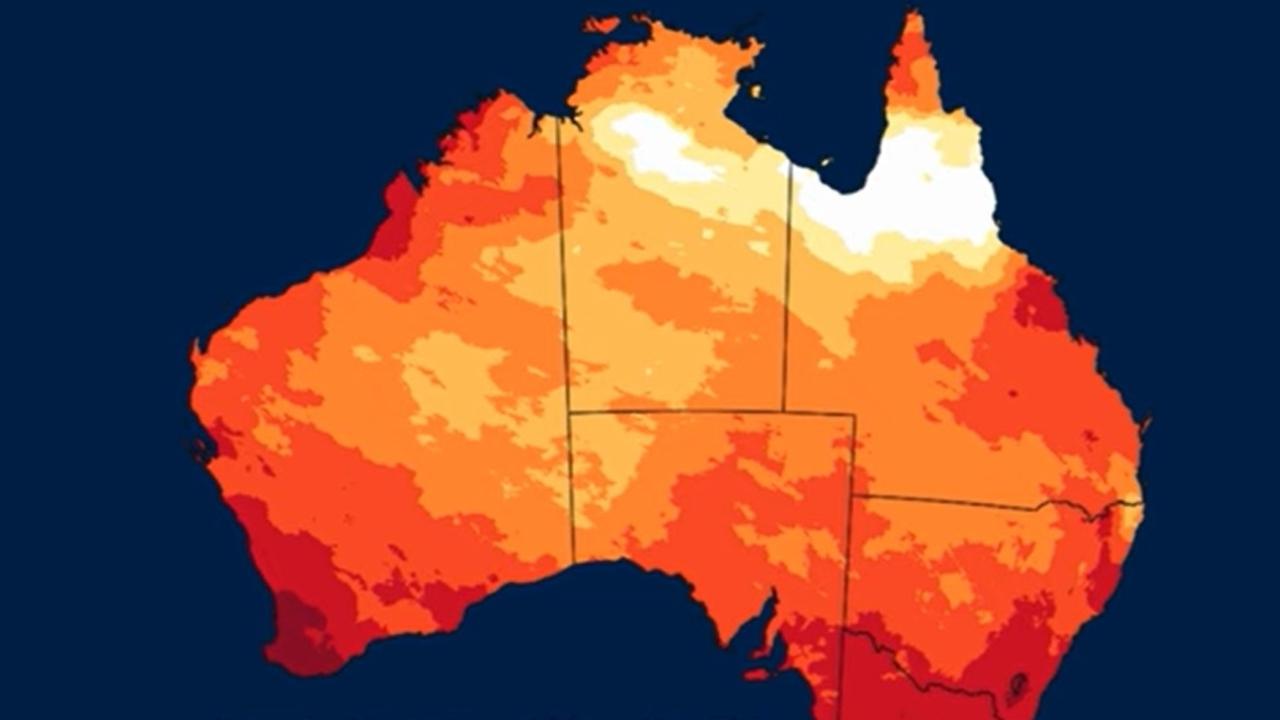United Nations: 2016 ‘very likely’ hottest year on record
THE UN says 2016 could be the hottest on record, but Environment Minister Josh Frydenburg says Donald Trump’s victory has created ‘uncertainty’ at global climate talks.
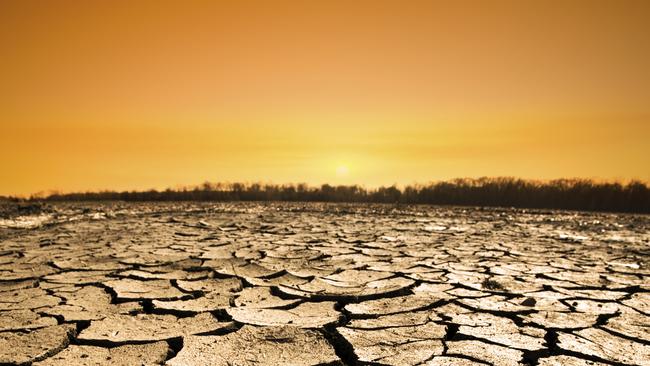
NEW figures showing 2016 will be the hottest year on record and Donald Trump’s election are casting a dark cloud over this week’s UN climate change talks.
Federal Environment Minister Josh Frydenburg said on Tuesday there was a “great deal of uncertainty” at the talks while the world waited to see what Mr Trump’s would do once in office.
It comes as the World Meteorological Organisation released its forecast predicting 2016 would “very likely” be the hottest year since measurements began.
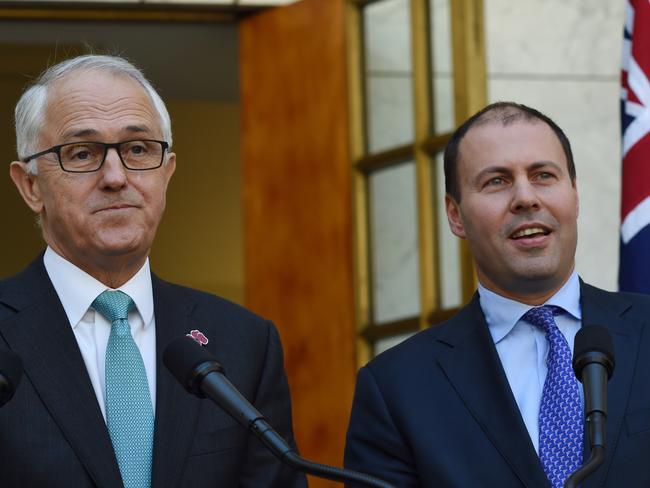
Mr Frydenburg, in Marrakesh with Foriegn Affairs Minister Julie Bishop this week, said the US would have “a major impact” on international action such as the Paris agreement on climate change, which Australia ratified last week.
“It has never pulled out of a major international agreement once it has come into force,” he told ABC AM radio on Tuesday.
“That’s why people are slightly uncertain as to what the Trump administration will do because it will be so different from what previous American administrations have done.”
But in a positive sign, current US Secretary of Energy Ernest Moniz had assured him Mr Trump would find it difficult to reverse measures already underway.
“He described it as: ‘You can’t keep the waves off the beach, we are heading for a low carbon future,” Mr Frydenburg said.
“He pointed out that there are more than 50 different energy efficiency standards that are legislated in the US ... that will save 3000 million tonnes of CO2 equivalent over the next few years — six times the amount of the C02 emissions Australia produces each and every year.
“He said that Donald Trump would find it very difficult and may not even be so inclined to remove those efficiency standards.”
In an echo of Opposition leader Bill Shorten on Monday, Mr Frydenburg said fossil fuels would play a part in the world’s energy supply for decades to come.
“That’s the view of the international energy agency — even by 2040 coal will be providing 30 per cent of the world’s energy supply and gas is going up each and every year,” he said.
2016 ‘VERY LIKELY’ TO BE HOTTEST ON RECORD
THE year 2016 will “very likely” be the hottest on record, the UN said on Monday.
Average temperatures for the year were set to hit about 1.2 Celsius (C) over pre-Industrial Revolution levels — meaning that 16 of the 17 hottest years on record were this century, said the UN’s World Meteorological Organisation (WMO).
The new record means the world is already more than halfway to the upper limit of 2 C of warming overall, 1.5 C if possible, which UN nations had agreed upon to stave off worst-case-scenario climate change.
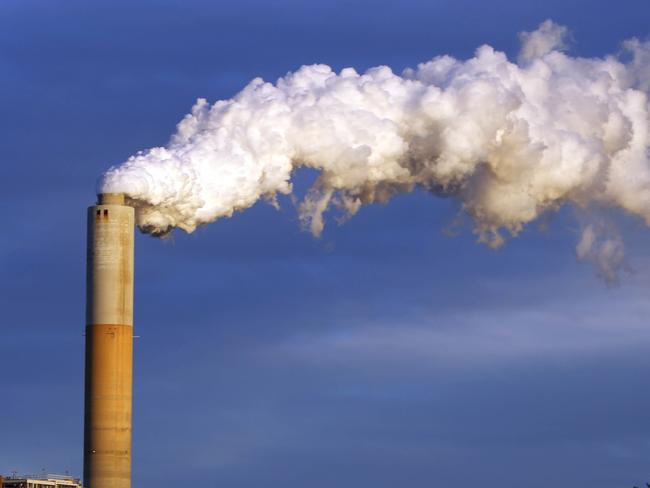
“Another year. Another record. The high temperatures we saw in 2015 are set to be beaten in 2016,” WMO secretary-general Petteri Taalas said in a statement.
The El Nino weather phenomenon had boosted temperatures in the early months of the year, but even after its effects dissipated, the mercury stayed high.
In parts of Arctic Russia, temperatures were 6 C to 7 C higher than the long-term average, the statement said. Other Arctic and sub-Arctic regions in Russia, Alaska and northwest Canada were at least 3 C above average.
“We are used to measuring temperature records in fractions of a degree, and so this is different,” said Taalas.
The WMO report was published as UN climate talks entered their second week in Marrakesh — the first since last year’s huddle in the French capital concluded with the climate-rescue Paris Agreement.
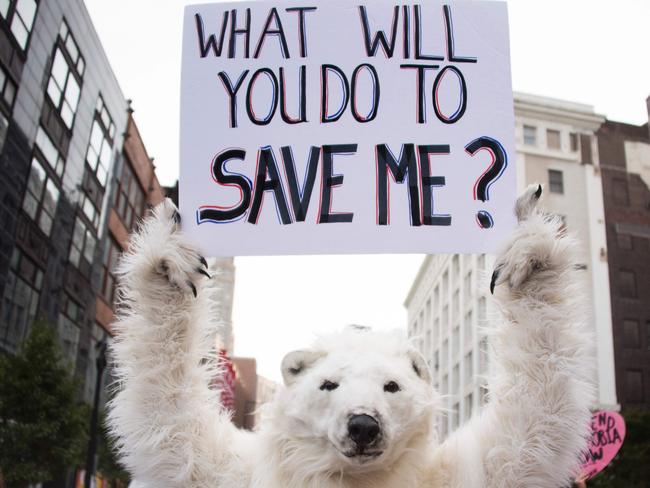
The Moroccan follow-up is meant to agree on rules for executing the plans and goals outlined in the pact, which envisions reining in global warming by cutting back on greenhouse-gas emitting coal, oil and gas for energy.
Earlier on Monday, the annual Global Carbon Budget report said carbon emissions from burning fossil fuels have been nearly flat for three years in a row — a “great help” but not enough to stave off dangerous climate change.
Both analyses warned that concentrations of planet-warming greenhouse gases in the atmosphere continued to rise, reaching 400 parts per million in 2015 and likely to exceed that record in 2016.
Global temperatures for January to September this year were about 1.2 C over pre-industrial levels, and 0.88 C over the average for 1961-1990, said the WMO.
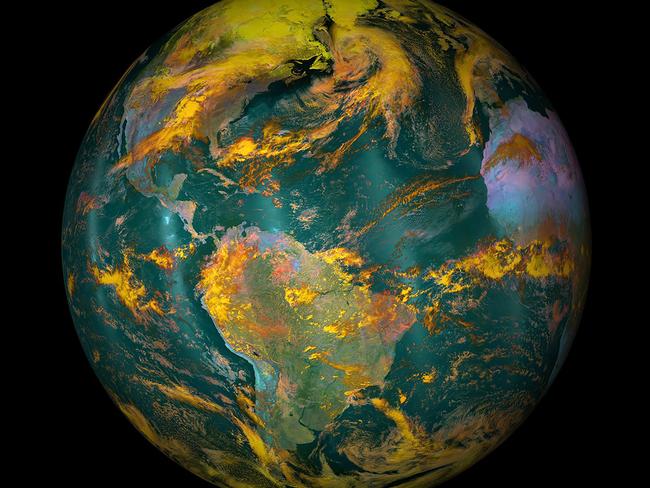
“More than 90 per cent of northern hemisphere land areas outside the tropics were at least 1 C above average.” Temperatures were also above normal over most ocean areas, contributing to coral bleaching and disrupted marine ecosystems in tropical waters, the report said.
Arctic sea ice extent was “well below normal” throughout the year. “Because of climate change, the occurrence and impact of extreme events has risen,” the WMO said. Heatwaves and flooding that once occurred once in a generation, are now much more regular.
It pointed to several “high impact” events this year, including Hurricane Matthew which ravaged Haiti in October, flooding in China, several heatwaves, the most damaging wildfire in Canadian history and major droughts.
Food shortages, population migration and conflict are expected to increase as a result of more frequent and potentially more intense weather-related disasters, the report warned.

